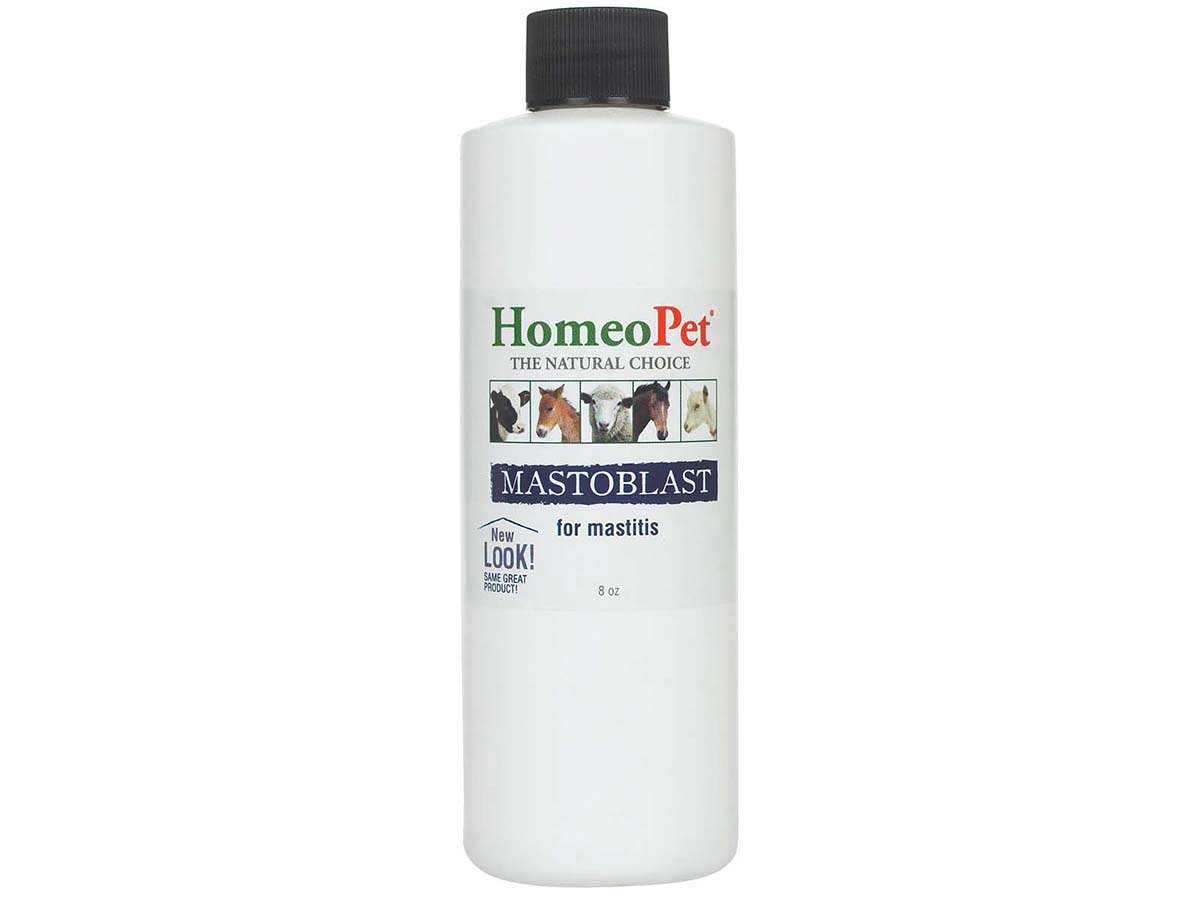Mastitus/Congested Udder
Congested Udder or Scar Tissue or Mastitis?
It could also be congestion constricting the teat. This can feel like a little donut at the top of the teat.
Scar Tissue
Mastitis in Goats
Does of all goat breeds can contract mastitis, but it is more often seen in heavy milkers. Since bacteria that cause mastitis enter the udder through the teats, the cleanliness of pens and feeding areas has a significant impact on whether or not mastitis develops in a herd. There is some evidence that mastitis can be hereditary, but it is fair to say that it is mostly acquired via external sources.
How to recognize mastitis…
Clinical mastitis often appears during the first week of lactation with an occasional rise in the third week after kidding. The doe reacts in pain when her swollen udder is touched. The infected udder will be red, hard and hot, as the disease progresses, it will shift to purple, black while becoming cold and clammy. Gangrene may set in, sloughing off large sections of the udder. Does that survive are unsuitable as future breeders and should be culled. Blood and pus may be present in the milk, others will have a thin/watery secretion.
Subclinical mastitis is difficult to determine with the naked eye. The doe can appear healthy while maintaining a low grade infection within her udder that can cause enough damage to lower milk yield. So much so that a 8–11 lb difference of 8 week weights can be determined between kids from infected and healthy does. Over 30% of the herd can be infected with subclinical mastitis, leading to a significant loss on production. Additionally, mastitis leads to an increase in somatic cell counts in the animals milk. Counts above a pre-determined threshold render the milk unusable to be used, costing the producer.
5 Steps to Mastitis Prevention
- Maintain and clean milking machines regularly
- Ensure proper milking hygiene
- Cull chronic does
- Control the environment—house animals in a clean and well-vented space, especially during the dry-off period. Unclean or poorly bedded pens may harbor bacteria that can infect udders.
- Give 2 doses of VIMCO® annually via intramuscular injection: 5 weeks prior to kidding; revaccinate 3 weeks after 1st dose.
Benefits of VIMCO® Mastitis Vaccine
The combination of the VIMCO® vaccination against Staphylococcal mastitis with good livestock management can lead to:
- Fewer clinical and subclinical mastitis cases (minimizes the need for antibiotics and NSAIDs)
- A reduction in the severity of clinical signs (udder and milk aspect)
- Less discarded milk from high somatic cell counts
- Less bacterial shedding
- Fewer replacement animals required (fewer culls)
- Increased profits from milk production, reduces milk loss (from SCC)
- Healthier animals
Prevention is better than the cure. Remember that vaccination alone can not solve every problem and should be combined with a mastitis control program.
WHERE TO ORDER VIMCO MASTITIS VACCINE (link to order online): VIMCO® Mastitis Vaccine - Premier1Supplies
DESCRIPTION of one Test You can do at Home:
Dr Naylor® Mastitis Indicators, box of 30 (may purchase at Jefferspet.com)
Designed to test cows' or goats milk for signs of mastitis. Simple to use: discard first stream of milk from quarter to be tested. Then hold blotter in slanting position so milk stream will first cover dark area and run down over yellow round area.
DESCRIPTION of Another Test You can do at Home:

CMT - California Mastitis Test Kit (& Accessories) Available from Jefferspet.com or on Amazon
Introductory kit for mastitis detection and control. The CMT measures somatic cell counts through a special reagent in a four chamber paddle.
CALIFORNIA MASTITIS TEST KIT INCLUDES:
- 4 chamber paddle (also sold separately)
- 1/2 liter empty pour bottle
- 1 pint (16 oz) concentrated CMT liquid (also sold separately)
- directions
- color chart
Review:
-
"An Udder Saver! "
I bought this kit three years ago after one of my goats came down with mastitis. Since then it's been a real life-saver in early detection of mastitis and in monitoring the healing process of a doe with traumatic mastitis. Very easy to use and the concentrate will last for many years.
Best Advice on Testing for Mastitis:
Buy and use both of the test products shown above. If both have same results, you can feel the testing is correct.
- Here are some other treatment options:
MastoBlast for Mastitis in Livestock
- October 6, 2021 by Gina (Virginia , united states)
- September 30, 2021 by susie M. (oregon, united states)
-
Can't beat it for congested udders!June 16, 2020 by Nan (CO, United States)“I'm not sure whether it helps much with mastitis, but I'm convinced it does a great job softening a congested udder (which of course can lead to mastitis very quickly). It's not the cheapest item in the world, but a little goes a looong way which reduces the actual cost quite a bit. I'm using it with dairy goats.”
-
Great Homeopathic product!March 26, 2020 by Jenn F.“I have used this product for bouts of mastitis with our organically raised Jersey cows over the past three years. It has been a GREAT product. We simply top-dress the grain twice a day with a capful of Mastoblast. The infection typically clears within 2 days (four treatments) and then I always treat once past "clear milk". This method has ALWAYS worked. Infection does not recur. I also use Mastoblast as a preventative measure to prevent mastitis when I need to move milking times or if I know the cow will be under stress (ie, during weaning, transportation, etc) I give 2 doses as a preventative, once in AM, the other approx. 12 hours later in PM . GREAT PRODUCT”
-
“I am always surprised at how well this works especially considering that it looks like water! But it works really well at lowering the somatic cell counts on our dairy herd. Just put it in the water or on the feed twice a day and it will do what it claims!”

- Natural Supplement that helps reduce the incidences of mastitis.
- Aids in the reduction and control of somatic cell count and can also be used as treatment and prevention.
- Easy-to-administer liquid that can be added to your companion’s food and water or directly into her mouth.
- Contains no harsh chemicals with no known side effects.
- Safe for use on young, pregnant and nursing animals.
IN REVIEW
-
Maintain and clean milking machines regularly
-
Ensure proper milking hygiene
-
Cull chronic does
-
Control the environment—house animals in a clean and well-vented space, especially during the dry-off period. Unclean or poorly bedded pens may harbor bacteria that can infect udders.
-
Give 2 doses of VIMCO® annually via intramuscular injection: 5 weeks prior to kidding; revaccinate 3 weeks after 1st dose.
-
Definitely have something on hand to reverse anaphylaxis just in case (as we do with all vaccines.)
-
Please realize that THIS VACCINE has a VERY short shelf life. Once a bottle is punctured, it must be used up within 12 hours. (Some say it is good until the expiration date even though punctured, don't count on it.) Buy enough of the smallest size bottle for your needs, to use for each of the 2 rounds of vaccination necessary. Do Not save a partially used bottle of this vaccine past the 12 hour mark of being punctured. I have 20 does to vaccinate, thus I need to order 2-25 dose bottles. One bottle for the first round of vaccination and 1 bottle for the second round of vaccination 3 weeks later. Buy them both at the same time and keep refrigerated, to save on the $40 air freight shipping cost.
-
make sure you use a clean needle to draw up, and always clean the top with alcohol before inserting a needle.
Plugged Teat-What Could it Be?
Problem: . I am trying to milk my Doe and cannot get anything to come out. Now she is engorged but I can't get anything out.
Have you taken her temp? Is it normal, no fever? Have you done your Dr. Naylor Mastitis test & it's negative for Mastitis? If it is negative, move on to the next step.
This may be a case of an extra-firm keratin plug, or possibly scarring, if the udder is cool and somewhat soft (meaning it is not mastitis).
If it is a plug, you may want to use a teat canula only after using warm compresses to the udder and teat and trying to strip it out by hand. So-first try to get the teat to open. If opening by hand is not working you may try a method which some use: use 2 sharpies( place one on each side of teat) and roll them firmly quickly down the teat 2 or 3 times and should have a steady stream of milk pouring out if it is the wax plug which was not allowing milk to come out. If this does not work, try the teat canula to open the teat. Remember to disinfect everything so as not to cause mastitis. If this doesn't work, seek Veterinarian help.



Powered by Boutique Store Builder . Web Design by Avalon Rose Design.

